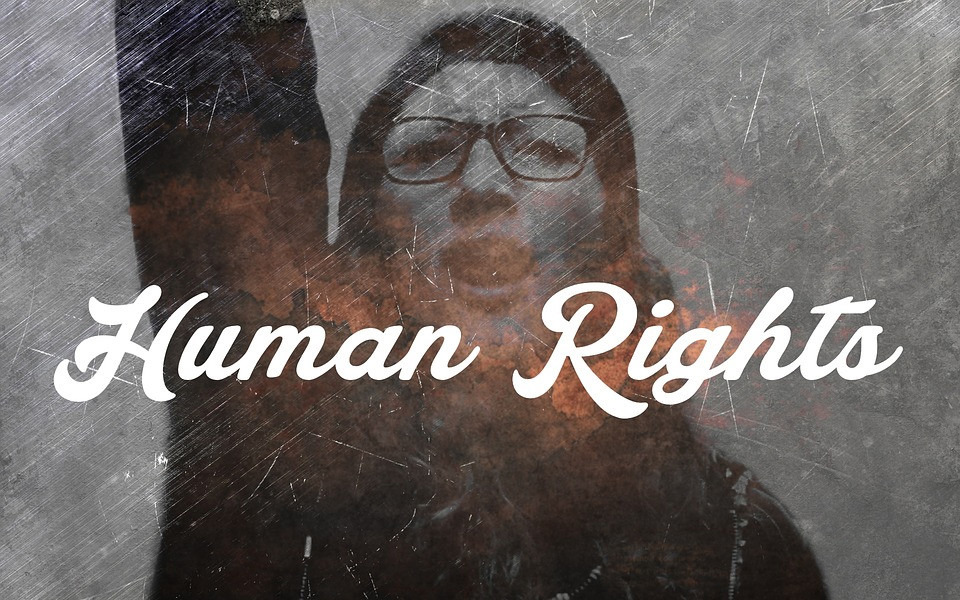The word ‘right’ refers to something you ought to have by virtue of the fact that you exist. Everytime we see a documentary on apartheid and slavery, the first thoughts that come to our minds is why are they being punished for merely existing and being themselves. In a world where numerous battles were fought for freedom and rights of all kinds, it is natural for countries to value basic rights for their citizens. Democratic nations tend to bestow basic human rights such as the right to freedom of speech, mobility, language, etc. Even in Canada, the Charter of Rights and Freedoms provides citizens with their basic rights as citizens of Canada.
Your basic rights are your legal entitlements and if you feel your rights are being violated at any point, then you know it’s time to seek legal help. But to identify a human rights violations, you need to be aware of these rights. Let’s take a look at each of them one by one:
Freedom of Expression
This is a fundamental freedom in most democratic nations including Canada. In fact, the right to express yourself and form opinions is one of the pillars of a democracy. Section 2(b) of the Charter of Rights and Freedoms protects freedom of thought, belief, opinion, and expression, including freedom of press. The only exceptions to this fundamental right stem from the Criminal Code and Human Rights. This is done to prevent cases of hate-speeches, protests, and civil defamation.
The Right to a Democratic Government
The constitution also provides its citizens with certain democratic rights. As per the federal website, every citizen of Canada has the right to vote in an election of members of the House of Commons or of a legislative assembly and to be qualified for membership therein. The charter gives Canadians the right to a democratic government.
The Right to Live and Seek Employment Anywhere in Canada
No one at no point will tell you that you cannot work in a particular organization. The Canadian constitution gives you the basic right to live and seek employment anywhere. As long as you are qualified and the organization recruits you on the basis of merit, nobody can stop from you from working wherever you want to. The same applies to living; you can reside in any part of Canada provided you have fulfilled all the legal requirements.
Legal Rights of Persons Accused of Crime
As per section 11 of the charter, people accused of criminal charges should be promptly informed about the crime they have been accused with. Their trials should take place within a specified time limit and they cannot be forced to testify at their own trials.
Aboriginal Peoples’ Rights
As per section 15(2), all citizens of Canada are equal irrespective of their sex, race, national, or ethnic origin. Aboriginal people of Canada comprise of various tribes and there are different sets of rights for each of them. Here is a brief guide on aboriginal rights in Canada.
The Right to Use Either of Canada’s Official Languages
Everybody is entitled to use either of Canada’s official languages. According to Section 14 of the Charter, if a party or witness in any of the proceedings does not understand or speak the language in which the proceedings are conducted, or if the concerned party is deaf, then they are entitled to an interpreter.
These were some of the basic rights that every Canadian citizen is entitled to. If at any point in time, you are denied of any of the above rights, then you have the right to take legal help and fight for your rights.

